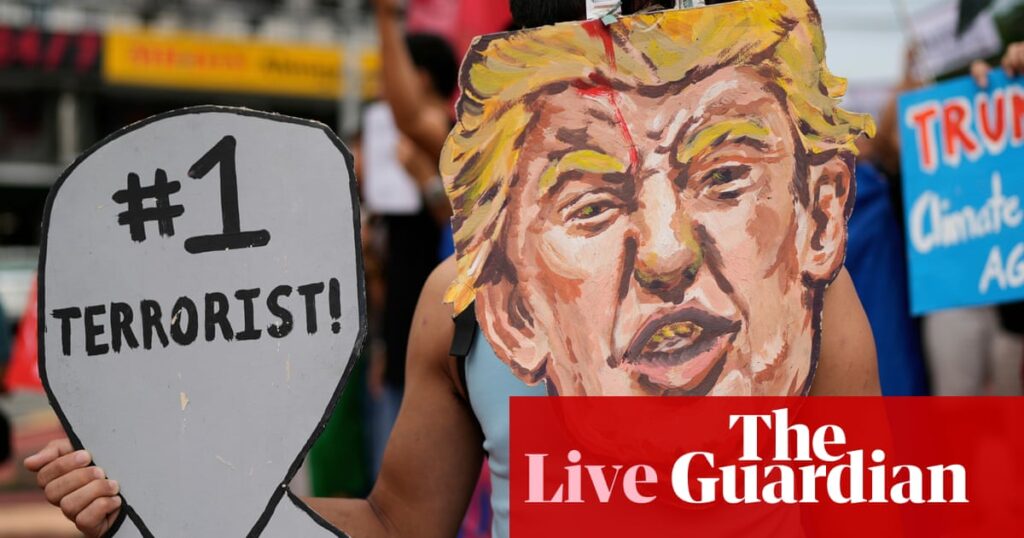
The geopolitical landscape has been shaken following the recent US military strikes on Iran’s nuclear facilities. This development has prompted a flurry of international responses and heightened tensions in the Middle East. Iranian Foreign Minister Abbas Araqchi has arrived in Moscow for talks with Russian President Vladimir Putin, as diplomatic efforts intensify.
In the wake of these strikes, US Representative Marjorie Taylor Greene, a staunch ally of former President Donald Trump, condemned the decision. She expressed her concerns on social media, stating, “Every time America is on the verge of greatness, we get involved in another foreign war. There would not be bombs falling on the people of Israel if Netanyahu had not dropped bombs on the people of Iran first. Israel is a nuclear-armed nation. This is not our fight. Peace is the answer.”
International Reactions and Diplomatic Efforts
The strikes have drawn a joint statement from the UK, France, and Germany, urging Iran to refrain from actions that could destabilize the region further. The European nations emphasized the need for negotiations to address concerns about Iran’s nuclear program. “We have consistently been clear that Iran can never have a nuclear weapon and can no longer pose a threat to regional security,” the statement read.
Meanwhile, the Iranian government has vowed to defend itself by “all necessary means.” Iranian President Masoud Pezeshkian declared that the US must “receive a response” to its actions, highlighting the potential for further escalation.
Impact on Global Travel and Security
The strikes have also affected global travel, with British Airways canceling flights between London and key Middle Eastern destinations such as Dubai and Doha. A spokesperson for the airline cited safety concerns, stating, “As a result of recent events, we have adjusted our flight schedule to ensure the safety of our customers and crew.”
These cancellations come amid fears of deteriorating security conditions in the Middle East. The airline typically operates multiple daily flights to these regions, and while flights are expected to resume soon, the situation remains under close review.
Military and Strategic Implications
Reports indicate that the US strikes targeted key Iranian nuclear sites, including Fordow, Isfahan, and Natanz. While the extent of the damage remains unclear, both Iran and the UN nuclear watchdog have reported no immediate signs of radioactive contamination.
“The Iranian Red Crescent also reported no deaths in the US strikes on the nuclear sites, appearing to confirm Iranian claims they had been evacuated in advance.”
US military officials have described the operation as meticulously planned and coordinated with Israel, suggesting severe damage to the targeted facilities. The Pentagon is currently conducting a battle damage assessment to evaluate the impact of the strikes.
Historical Context and Future Prospects
This latest escalation in US-Iran relations echoes past conflicts over Iran’s nuclear ambitions. The situation draws parallels with previous diplomatic efforts to curb nuclear proliferation, such as the 2015 Iran nuclear deal, which aimed to limit Iran’s nuclear capabilities in exchange for sanctions relief.
As global leaders call for restraint and dialogue, the international community remains on edge. The potential for further military actions or retaliatory measures could have significant implications for regional and global stability.
Looking ahead, the focus will likely shift towards diplomatic negotiations aimed at de-escalating tensions and finding a sustainable resolution to the nuclear issue. The arrival of Iranian Foreign Minister Abbas Araqchi in Moscow signals a potential avenue for dialogue, as Russia plays a key role in the region’s geopolitical dynamics.
As the situation continues to evolve, the world watches closely, hoping for a peaceful resolution to a complex and volatile crisis.






